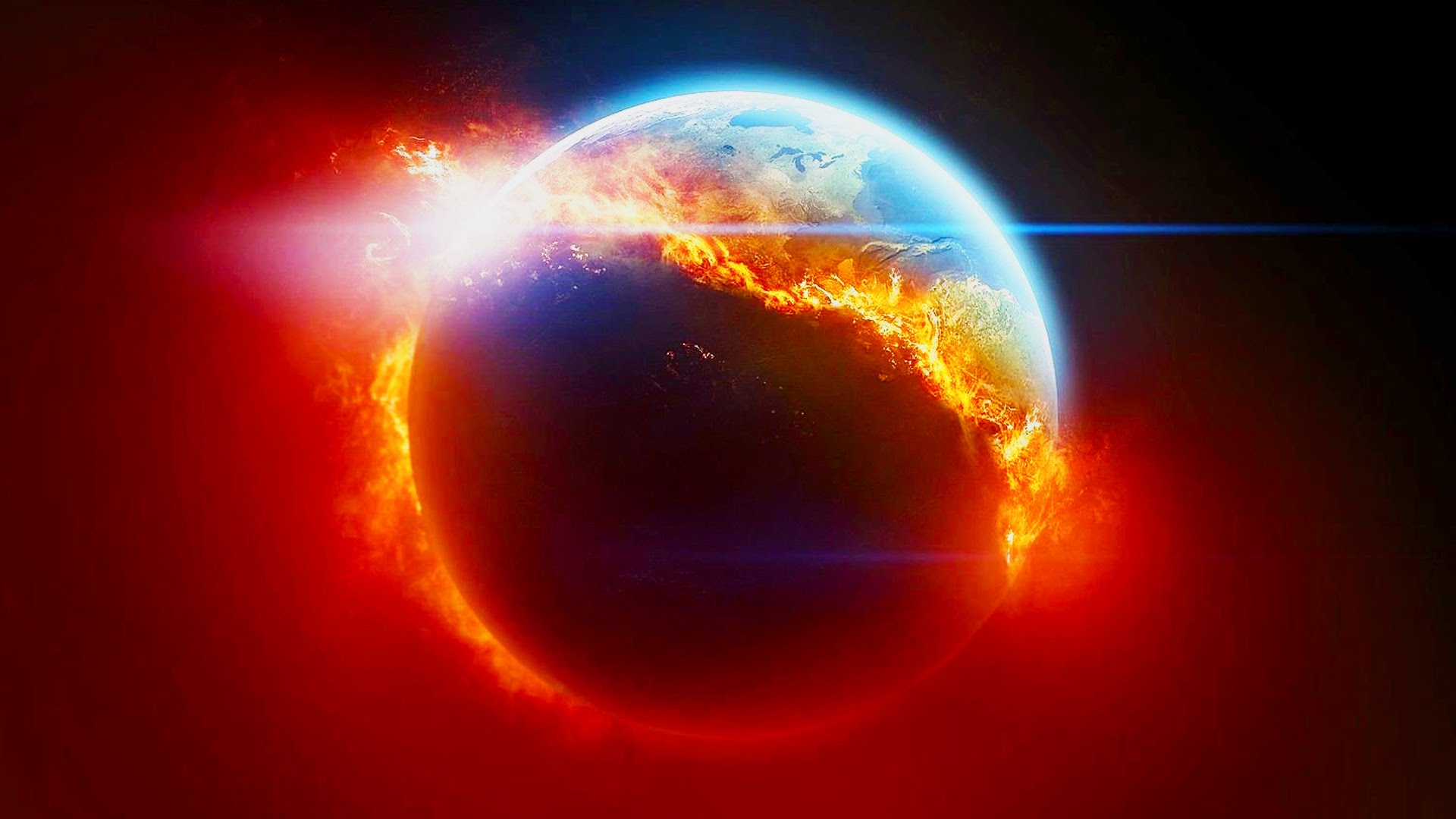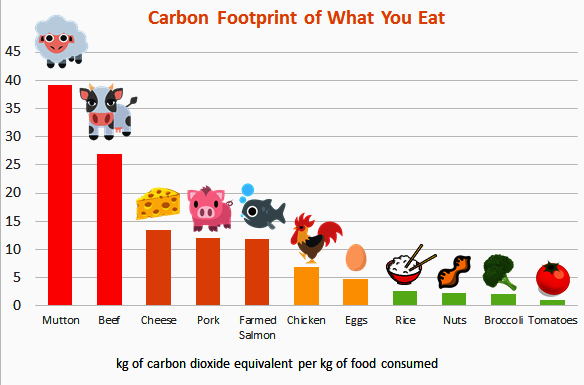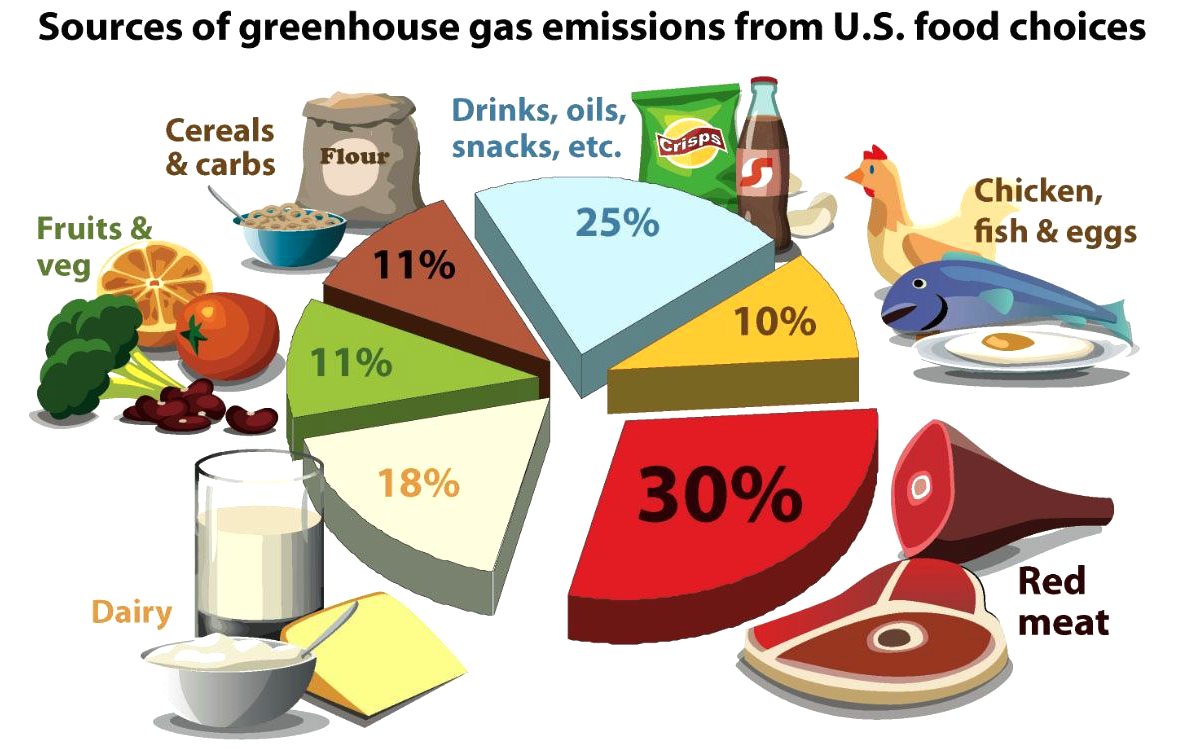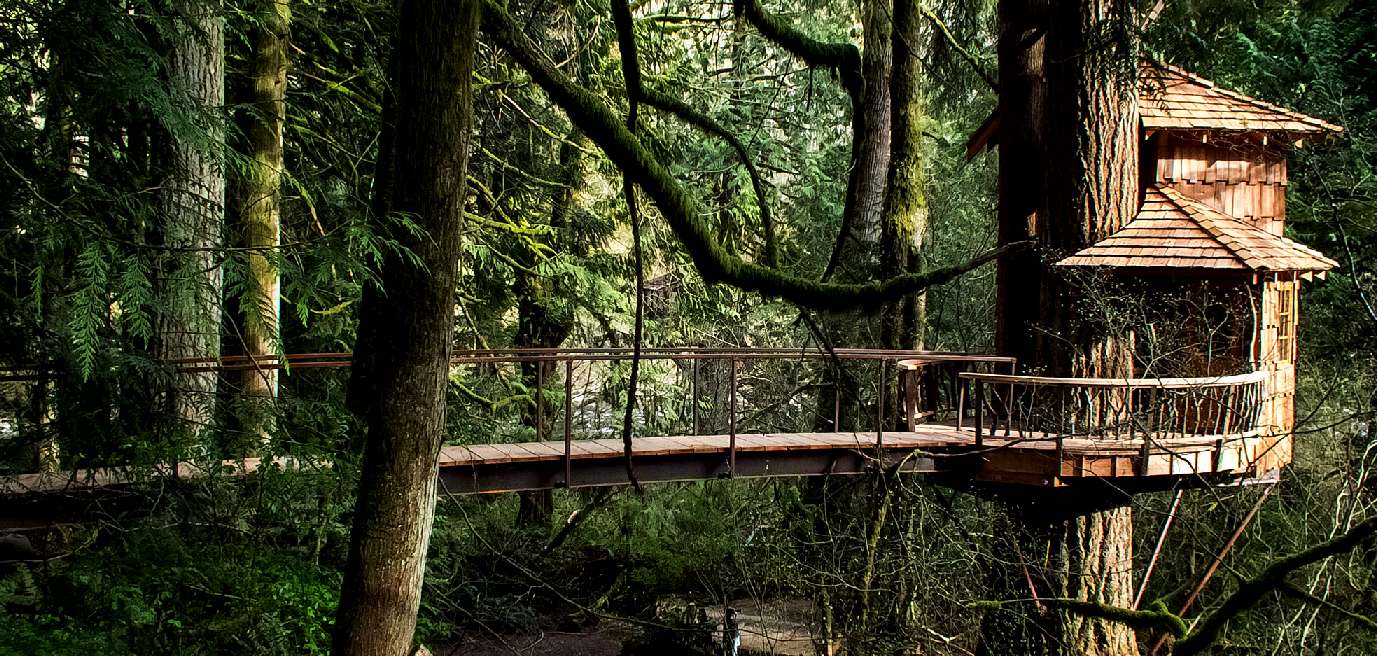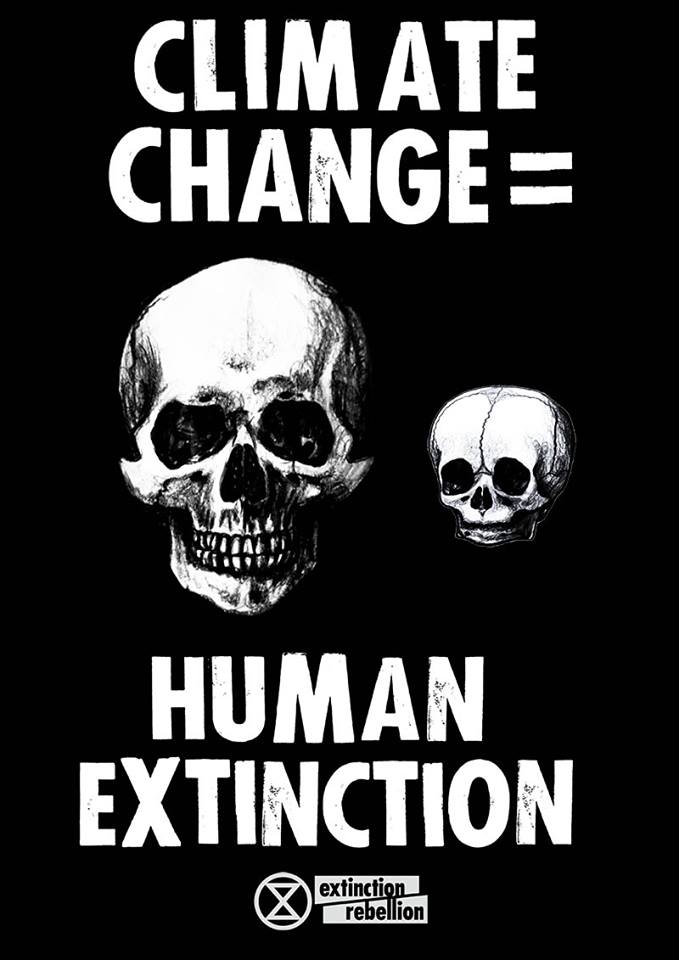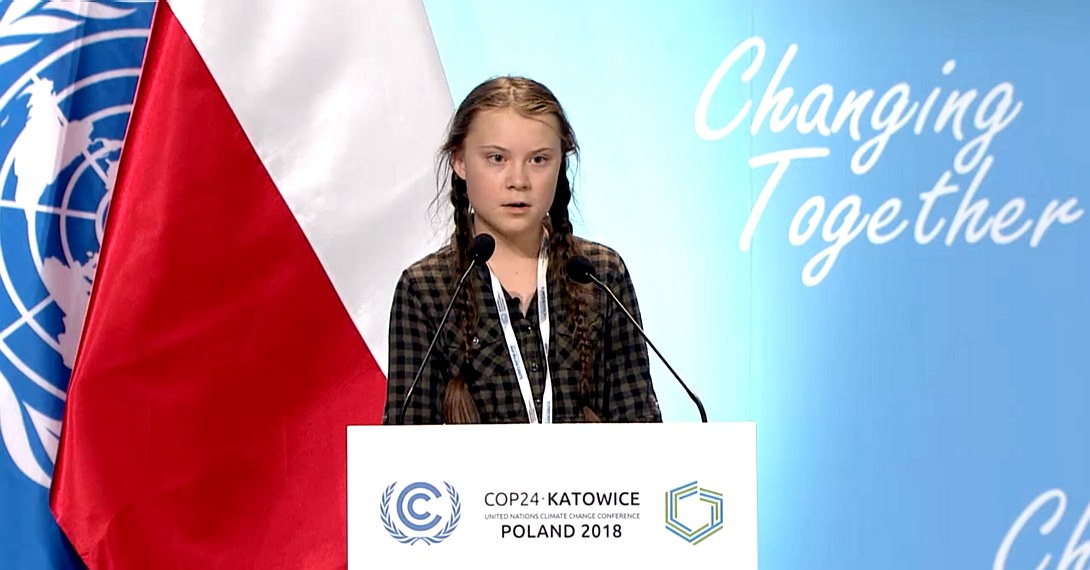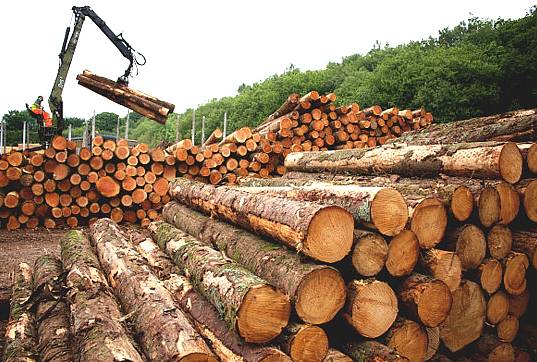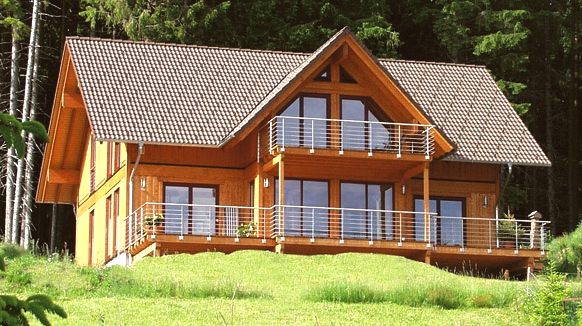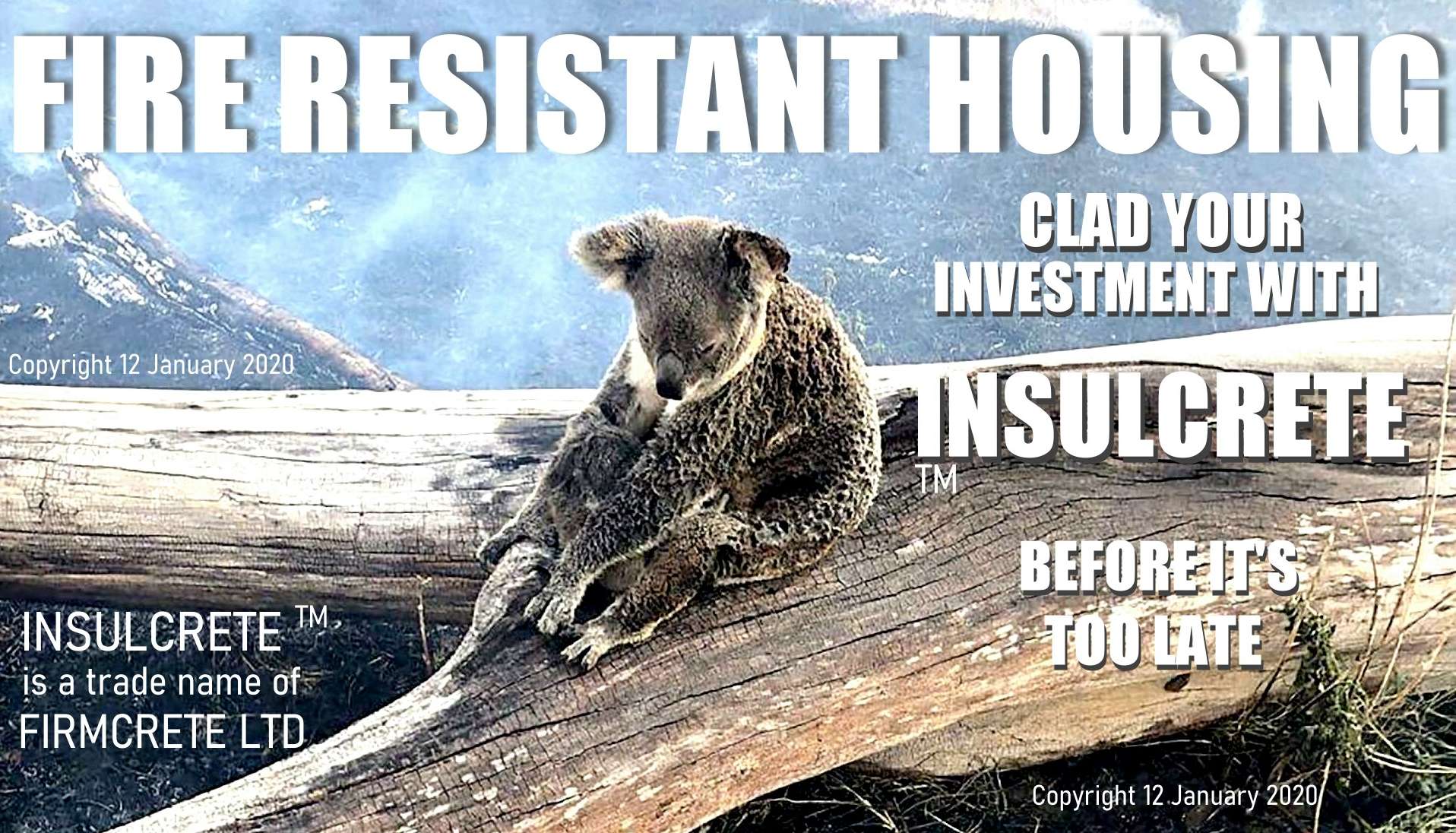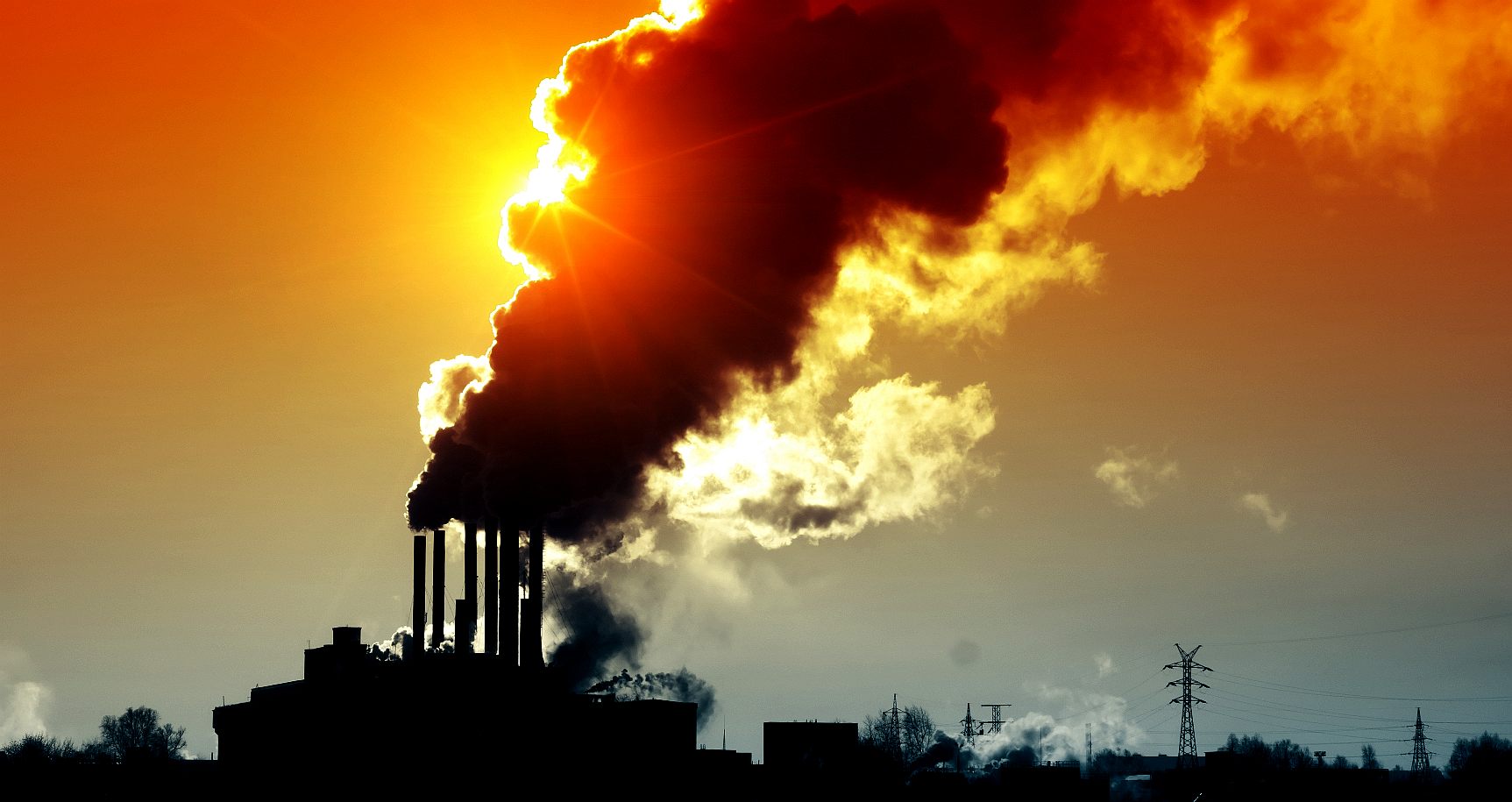|
AGRICULTURE, FISH & TREES
ABOUT - CLIMATE - CONTACTS - FOUNDATION - NATIONS - HYDROGEN - OCEAN PLASTICS - WHALING PLEASE USE OUR A-Z INDEX TO NAVIGATE THIS SITE WHERE PAGE LINKS MAY LEAD TO EXTERNAL SITES, or: HOME AGRICULTURE | HOUSING | INDUSTRY | POLITICS | RENEWABLES | TRANSPORT
EXTINCTION OF SPECIES - From blue planet to scorched earth because vested interests prevented politicians from putting the brakes on. Economics stopped them thinking about the safety of life on earth. They'd rather die richer, than live, gambling with the future of our children and every other species on earth.
Agriculture is a big subject that covers the growing of crops, fishing and trees being grown for wood by way of a carbon lock.
Rearing livestock for food is one of the biggest contributors to greenhouse gases, whereas growing trees provides us with oxygen and wood that locks up carbon. We should love trees. There is a scale of carbon dioxide in relation to the production of meats, fish, vegetables and fruits, with dairy produce somewhere in between. you can see from these scales that eating nuts, cereals and fruits would fulfill your protein and antioxidant requirements. Beef and lamb is right off the scale climate wise, but most of us enjoy a kebab or a burger from time to time. Midway, we have dairy, fish and poultry that gives variety at reasonable levels of gas production. Ideally, we need meat substitutes that taste like meat and provide the animal fats we need to remain healthy.
According
to one study, 38% of the world’s total land area was used
for agriculture in 2007 and agriculture is responsible for
over 70% of global freshwater consumption. Additionally food
wastes can be used and bioenergy crops can be used to
complement supply chains.
Obviously, we need to be able to grow crops and produce livestock for food, but we should be looking at educating the population as to diets that are more CO2 and methane neutral. Many people would change their diets if they knew the harm they were causing by way of global warming by eating red meats. Campaigns such as No Meat Mondays are proving this. Changing to a pescetarian, vegetarian or vegan diet could have major benefits in the quest for a cooler planet.
Ecological footprints are measured in global hectares (gha) - the amount of bioproductive land and sea available on the planet. We can calculate our footprint by adding up the hectares it takes to grow our food and farm the animals we eat; the hectares our house stands on; the hectares that oil refineries and other energy infrastructure we depend on take up; the hectares of forest that would be needed to absorb the CO2 emitted by our fuels; a share of the hectares taken up by our roads; and everything else we do that has an impact on the planet’s ecology. This is a WWF Definition.
But where do we get the idea that meat eating is bad for the climate? It seems every one points to a 2006 report from the United Nations Food and Agriculture Organisation that found that the meat industry produces more greenhouse gases than all the SUVs, cars, trucks, planes, and ships in the world combined. The report, entitled Livestock’s Long Shadow, claimed that meat production accounts for about 18% of the world’s total greenhouse gas emissions.
AGRICULTURE | BANKS | HOUSING | GROUP20 | INDUSTRY | MONEY | POLITICS | RENEWABLES | TRANSPORT
CARBON DIOXIDE & TREES
We need to lock up as much carbon as possible using wood, and for that we need to grow more trees sustainably. This should be a prime target for local authorities to encourage eco house building in their geographical regions. Wood is good.
Coal is a product of wood from the great forest of our past, and a natural way of locking carbon. This is also true of oil. When we burn coal or oil we release locked up carbon, back into the atmosphere. Using renewable energy to replace coal and oil can only benefit the human race and every other species on earth that is relying on us to do the right thing.
CHANGE OR DIE
The dinosaurs could not adapt in time, they were cumbersome creatures that needed an energy intake to support their mass. This is just like our present economy, based on giant corporations, taxation at every level to support the state and money lenders, living off the sweat of an honest man's toil - as unearned income. There are too many chiefs riding on the backs of the workers like leaches in society. This is unsustainable and it's all based on inequitable loans for overpriced housing and cars, that should perhaps be index linked.
Dinosaur politicians should be replaced with representatives who understand sustainability and what a circular economy means. The dogs that grew up accepting fossil fuels and nuclear power as being normal, are unlikely to be able to grasp new tricks that are alien to them. These relics of overheated economics based on continuous growth, caused global warming. With only one planet to exploit, growth could never be continuous. These were hollow election promises for prosperity, based on borrowing, that led us to the brink.
The Cleaner Ocean Foundation operates as a think tank to promote ideas and technology for a brighter future. Governments around the world have been putting out calls for proposals to alleviate global warming since the 1990s. They have not been successful in fostering development of what we need to prevent the extinction of species or prevent ocean levels from rising. They have put the burden on the shoulders of industry instead of driving change with statute and funding to push for cleaner living.
SIX STEPS TOWARD A COOLER PLANET
1. TRANSPORT: Phase out polluting vehicles. Governments aim to end the sale of new petrol, and diesel vehicles by 2040 but have no infrastructure plan to support such ambition. Marine transport can be carbon neutral.
2. RENEWABLES: Renewable energy should replace carbon-based fuels (coal, oil and gas) in our electricity, heating and transport.
3. HOUSING: On site micro or macro generation is the best option, starting with affordable new build homes.
4. AGRICULTURE: We need trees to absorb carbon emissions from a growing population, air transport, and to build new homes. Reducing food waste and promoting less energy intensive eating habits such as no meat Mondays.
5. INDUSTRY: Factories should be aiming for solar heating and onsite renewable energy generation.
6. POLITICS: - National governing bodies need to adopt rules to eliminate administrative wastages, to include scaling down spending on war machines, more public education and support for sustainable social policies that mesh with other cultures.
CLIMATE ACTIVIST - Greta Thunberg is a 15 year old schoolgirl who knows more about climate change than most of the United Nations delegates put together. That may not be not quite true, but she knows that we have to act now and stop talking about acting. Hence, she knows more in practical terms. Because Greta has no investments in fossil fuels she can see clearly. Once finance and investments comes into play - as with most politicians - they develop climate myopia (Climopia). This is a disease that lodges in the brain and makes the eyes see what the bankers and industrialists want them to see. It is a sort of Pied Piper effect with money luring otherwise sane people to do nothing to upset the gravy train. Climopia prevents politicians from acting to save future generations, where all they can think about is their wallets and the bank accounts of existing stakeholders, ignoring the future of their children.
Miss Thunberg wants the media to tell it straight and tell if more often so as to help politicians with Climopia think and see clearly. Two politicians with serious advanced Climopia are Donald Trump and Vladimir Putin. The diagnosis for this pair of dinosaurs is Criminal Climopia, otherwise known as insanity. Apparently, the richer you are the more myopic your outlook. A proximity to oil wells and beef-burgers also has an effect - both of course major contributors to global warming. Beef carries a risk of Mad Cow Disease, that may have a link to Climopic Insanity. Greta is a star Climate Changer. On November 30, over 15,000 boys and girls went on strike from school in every capital city and over 20 regional centres across Australia. On March 15, they are going even bigger and inviting adults to join them in solidarity for a Global Climate Strike. We're in!
Sustainable management of forests is essential to the survival of Homo Sapiens. Tree planting should be a priority, not only to lock up carbon, but also to provide the raw material for affordable housing.
YOU CAN'T SAVE THE KOALA BEARS - But you can build virtually fire proof houses from materials like Insulcrete. As the planet warms up this might be the only safe way to provide homes for families in bushfire territories in Australia and California.
Not a lot of point planting more trees if forest fires are going to wipe them out. So plant carefully. Soon there won't be anywhere safe! Big thanks to the G7. They want to turn the planet into a crematorium.
1995 COP
1,
BERLIN, GERMANY
2020 COP 26/CMP 16/CMA 4 TBA Will they have applied the brakes?
LINKS & REFERENCE
https://www.nytimes.com/interactive/2017/climate/what-is-climate-change.html
AGRICULTURE | HOUSING | INDUSTRY | POLITICS | RENEWABLES | TRANSPORT
This website is provided on a free basis as a public information service. Copyright © Cleaner Oceans Foundation Ltd (COFL) (Company No: 4674774) 2020. Solar Studios, BN271RF, United Kingdom. COFL is a charity without share capital.
|
